When 15 million viewers tuned into Top of the Pops each week during the show's 1970s heyday, the appeal extended beyond the hitmakers on the screen to those who were not appearing, since an absent act's single was interpreted by the show's all-female dance troupe, Pan's People. Their silky routines were choreographed by one of their dancers, Flick Colby, who has died aged 65 of bronchial pneumonia, after suffering from cancer.
Colby, an American with long blonde hair and a megawatt smile, confected slinky, semi-risque and often extravagant Top of the Pops routines for Pan's People for eight years. She continued to work on the show with subsequent troupes, choreographing moves to suit a range of musical styles such as glam rock, folk, soul, disco and punk.
Her routines were often balletically graceful, but Pan's People became best known for their minimal attire – hotpants, pastel-coloured leotards, bare midriffs – and a penchant for fancy dress. For Bobby "Boris" Pickett and the Crypt-Kickers' Monster Mash, they sported Halloween costumes to play characters including a mummy, an alien, King Kong (complete with Empire State Building prop) and a sexy bat. The troupe performed Typically Tropical's single Barbados against a snowy backdrop, wearing bikinis beneath their fur coats. "They weren't Broadway-standard routines," Colby said. "We were definitely doing watercolours, not oil paintings."
Sometimes the song title would immediately suggest the routine, for example Tie a Yellow Ribbon Round the Ole Oak Tree, Crocodile Rock or Paperback Writer, which revolved around book carousels, the dancers holding pulp novels in their hands as they sashayed around the stage. Colby often seized upon a few words from a song and expanding them into a themed piece. A line in Gilbert O'Sullivan's song Get Down ("You're a bad dog, baby") led to Pan's People sharing the stage with a line of bemused canines.
"When you have six hours to create a dance routine you had to make it work," Colby explained in an interview, "so I suppose I should apologise for the routines which didn't make sense." One of the dancers, Cherry Gillespie, remembered: "If the record we'd been rehearsing all week went down in the charts, we couldn't do it, so a whole new creation had to take place. I thought Flick would have a heart attack. We used to call it Frisbee Day because she would throw the singles around."
Colby's father, Thomas Colby, was a professor of German at Hamilton College in Clinton, Oneida county, in the centre of New York state. She grew up in New York and Massachusetts, trained as a ballet dancer and performed in musicals before moving to London in 1966 with her first husband. Top of the Pops had launched two years earlier, and already featured a popular dancing troupe, the Go-Jos. Another music series, The Beat Room, used an ensemble known as the Beat Girls. Uneager to go through the treadmill of auditions, Colby decided to form her own troupe. She joined up with three of the Beat Girls (Ruth Pearson, Babs Lord and Dee Dee Wilde) and brought on board Louise Clarke and Andi Rutherford (later replaced by Gillespie).
Colby considered calling the group Dionysus's Darlings but then came up with the snappier Pan's People. They picked up work on television programmes in the Netherlands, Switzerland and Belgium. Their debut on Top of the Pops came in April 1968, when they were called in at short notice and required to perform as a three-piece (Colby, Wilde and Pearson). They were back within a month, this time as a six-piece, dancing to Elvis Presley's US Male. They struggled to make ends meet, subsisting on a diet of chips and mayonnaise, but became a permanent weekly fixture on Top of the Pops in 1969.
Two years later, Colby decided to concentrate on choreographing rather than dancing. In 1974, Pan's People branched out, recording a single, You Can Really Rock and Roll Me. They had guest slots on primetime programmes including The Two Ronnies and The Benny Hill Show. Colby also choreographed for the stage, including the rock musical Catch My Soul, starring PP Arnold and PJ Proby.
After several lineup changes, Pan's People were replaced on Top of the Pops in 1976 by a mixed-sex troupe, Ruby Flipper, allowing Colby to develop more physically challenging routines involving lifts. Ruby Flipper, in turn, were replaced by another all-female lineup, Legs & Co, masterminded by Pearson and Colby. Legs & Co, who also performed in the film The Stud (1978), were replaced in 1981 by a much larger troupe, Zoo, with Colby as its dance director.
Colby also co-wrote an instructional guide, Let's Go Dancing (1979), with Elizabeth Romain. She married George Bahlke, a professor of English at Hamilton College, where her father had taught. After returning to Clinton, she ran a gift shop called Paddywacks. "I was always interested in retail," she said. "It's a bit like showbiz in that you put on a performance to sell something."
George died earlier this year. Colby is survived by a brother and a sister.
• Flick (Felicity Isabelle) Colby, dancer and choreographer, born 23 March 1946; died 26 May 2011
Colby, an American with long blonde hair and a megawatt smile, confected slinky, semi-risque and often extravagant Top of the Pops routines for Pan's People for eight years. She continued to work on the show with subsequent troupes, choreographing moves to suit a range of musical styles such as glam rock, folk, soul, disco and punk.
Her routines were often balletically graceful, but Pan's People became best known for their minimal attire – hotpants, pastel-coloured leotards, bare midriffs – and a penchant for fancy dress. For Bobby "Boris" Pickett and the Crypt-Kickers' Monster Mash, they sported Halloween costumes to play characters including a mummy, an alien, King Kong (complete with Empire State Building prop) and a sexy bat. The troupe performed Typically Tropical's single Barbados against a snowy backdrop, wearing bikinis beneath their fur coats. "They weren't Broadway-standard routines," Colby said. "We were definitely doing watercolours, not oil paintings."
Sometimes the song title would immediately suggest the routine, for example Tie a Yellow Ribbon Round the Ole Oak Tree, Crocodile Rock or Paperback Writer, which revolved around book carousels, the dancers holding pulp novels in their hands as they sashayed around the stage. Colby often seized upon a few words from a song and expanding them into a themed piece. A line in Gilbert O'Sullivan's song Get Down ("You're a bad dog, baby") led to Pan's People sharing the stage with a line of bemused canines.
"When you have six hours to create a dance routine you had to make it work," Colby explained in an interview, "so I suppose I should apologise for the routines which didn't make sense." One of the dancers, Cherry Gillespie, remembered: "If the record we'd been rehearsing all week went down in the charts, we couldn't do it, so a whole new creation had to take place. I thought Flick would have a heart attack. We used to call it Frisbee Day because she would throw the singles around."
Colby's father, Thomas Colby, was a professor of German at Hamilton College in Clinton, Oneida county, in the centre of New York state. She grew up in New York and Massachusetts, trained as a ballet dancer and performed in musicals before moving to London in 1966 with her first husband. Top of the Pops had launched two years earlier, and already featured a popular dancing troupe, the Go-Jos. Another music series, The Beat Room, used an ensemble known as the Beat Girls. Uneager to go through the treadmill of auditions, Colby decided to form her own troupe. She joined up with three of the Beat Girls (Ruth Pearson, Babs Lord and Dee Dee Wilde) and brought on board Louise Clarke and Andi Rutherford (later replaced by Gillespie).
Colby considered calling the group Dionysus's Darlings but then came up with the snappier Pan's People. They picked up work on television programmes in the Netherlands, Switzerland and Belgium. Their debut on Top of the Pops came in April 1968, when they were called in at short notice and required to perform as a three-piece (Colby, Wilde and Pearson). They were back within a month, this time as a six-piece, dancing to Elvis Presley's US Male. They struggled to make ends meet, subsisting on a diet of chips and mayonnaise, but became a permanent weekly fixture on Top of the Pops in 1969.
Two years later, Colby decided to concentrate on choreographing rather than dancing. In 1974, Pan's People branched out, recording a single, You Can Really Rock and Roll Me. They had guest slots on primetime programmes including The Two Ronnies and The Benny Hill Show. Colby also choreographed for the stage, including the rock musical Catch My Soul, starring PP Arnold and PJ Proby.
After several lineup changes, Pan's People were replaced on Top of the Pops in 1976 by a mixed-sex troupe, Ruby Flipper, allowing Colby to develop more physically challenging routines involving lifts. Ruby Flipper, in turn, were replaced by another all-female lineup, Legs & Co, masterminded by Pearson and Colby. Legs & Co, who also performed in the film The Stud (1978), were replaced in 1981 by a much larger troupe, Zoo, with Colby as its dance director.
Colby also co-wrote an instructional guide, Let's Go Dancing (1979), with Elizabeth Romain. She married George Bahlke, a professor of English at Hamilton College, where her father had taught. After returning to Clinton, she ran a gift shop called Paddywacks. "I was always interested in retail," she said. "It's a bit like showbiz in that you put on a performance to sell something."
George died earlier this year. Colby is survived by a brother and a sister.
• Flick (Felicity Isabelle) Colby, dancer and choreographer, born 23 March 1946; died 26 May 2011
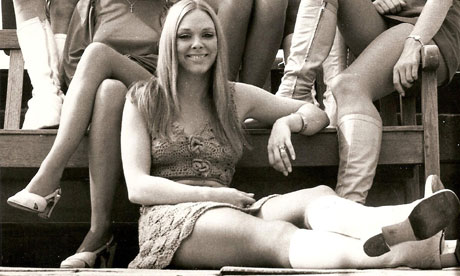

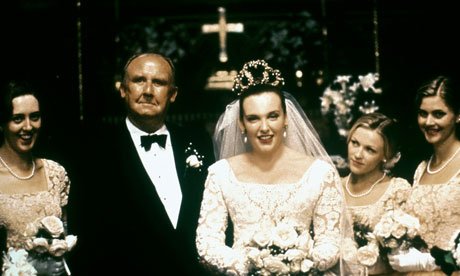
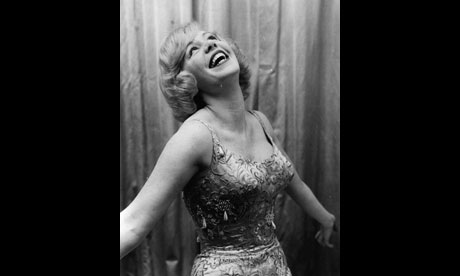
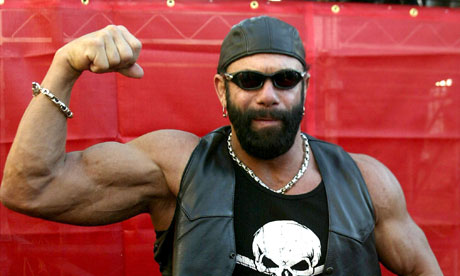
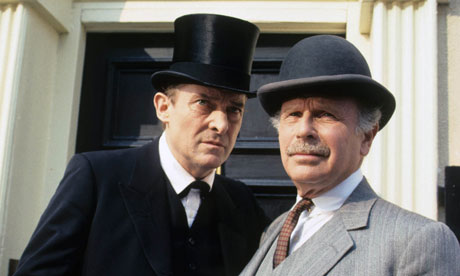
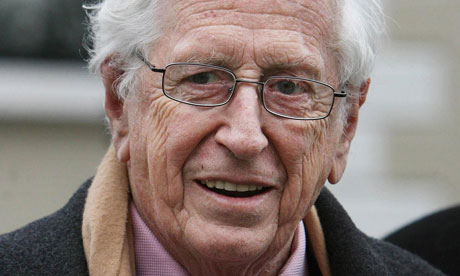

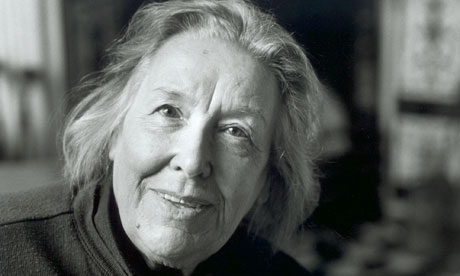
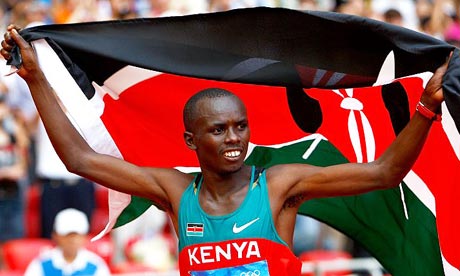

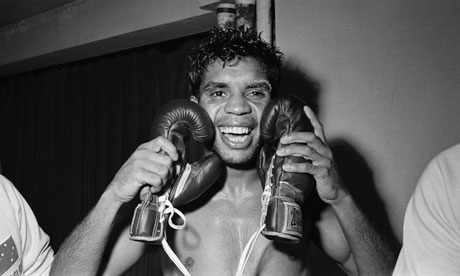
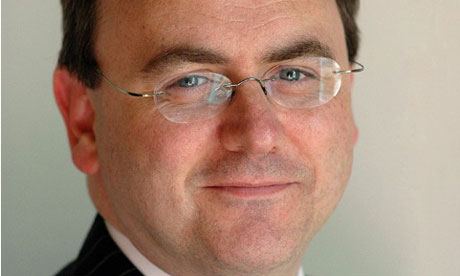
 Weylandt won a stage of last year's Giro d'Italia
Weylandt won a stage of last year's Giro d'Italia 
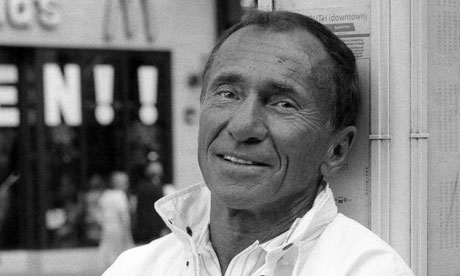
 The popular Spaniard won the Open three times
The popular Spaniard won the Open three times 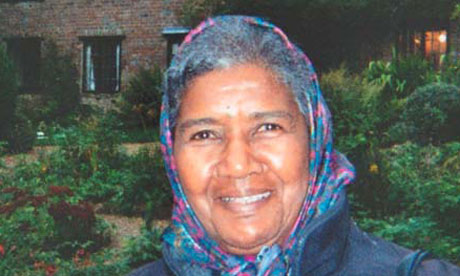
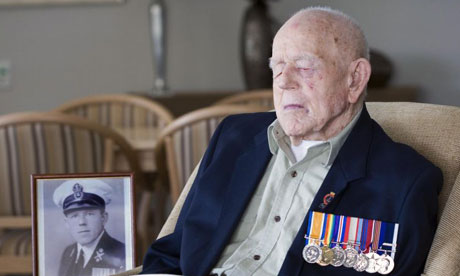
 Cooper famously floored Ali, then known as Cassius Clay, in 1963
Cooper famously floored Ali, then known as Cassius Clay, in 1963 



